replication crisis
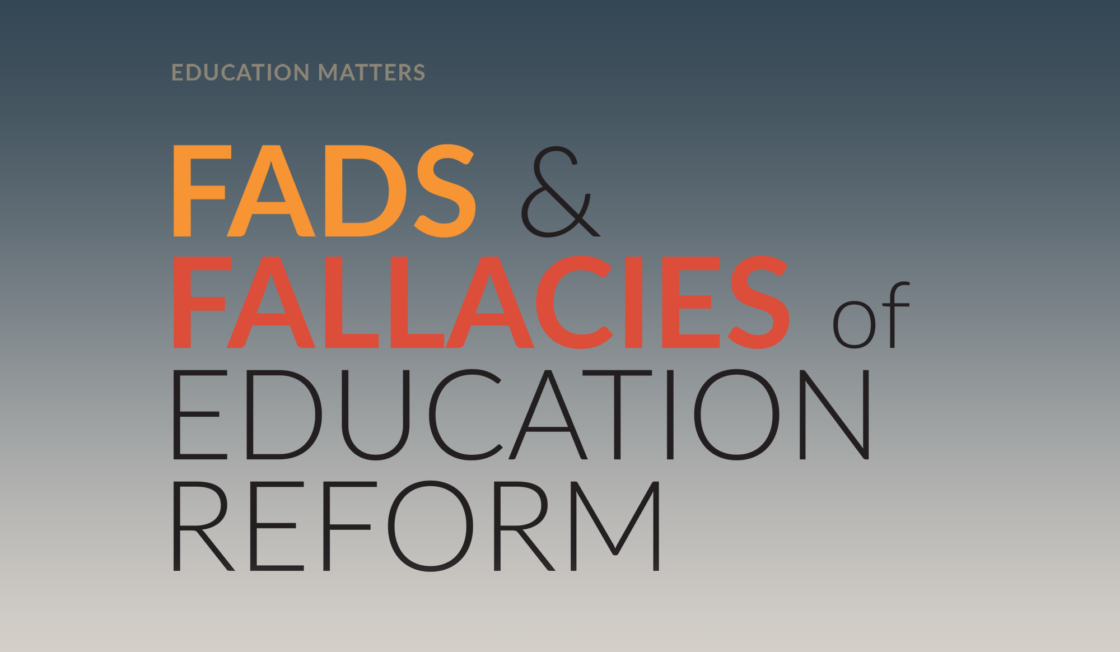
When you drive past any American school, you’ll see signs telling you to reduce your speed and declaring the area to be a “drug-free zone,” with draconian penalties for violators. While we can all agree on keeping drugs away from school children, drugs are not the only thing we keep out of schools. Unfortunately, when […]

Shermer, Simons, and Chabris discuss: • How rational vs. irrational are humans? (Daniel Kahneman vs. Gerd Gingerenzer) • Truth Default Theory, or Truth Bias • deception vs. deception detection • social proof and the influence of others on our beliefs • cults • Bernie Madoff • Harvey Weinstein • Elizabeth Holmes and Theranos • Nigerian spam scam • cheating in chess • habits of thought that can be exploited • information hooks we find especially enticing instead of triggering skepticism…
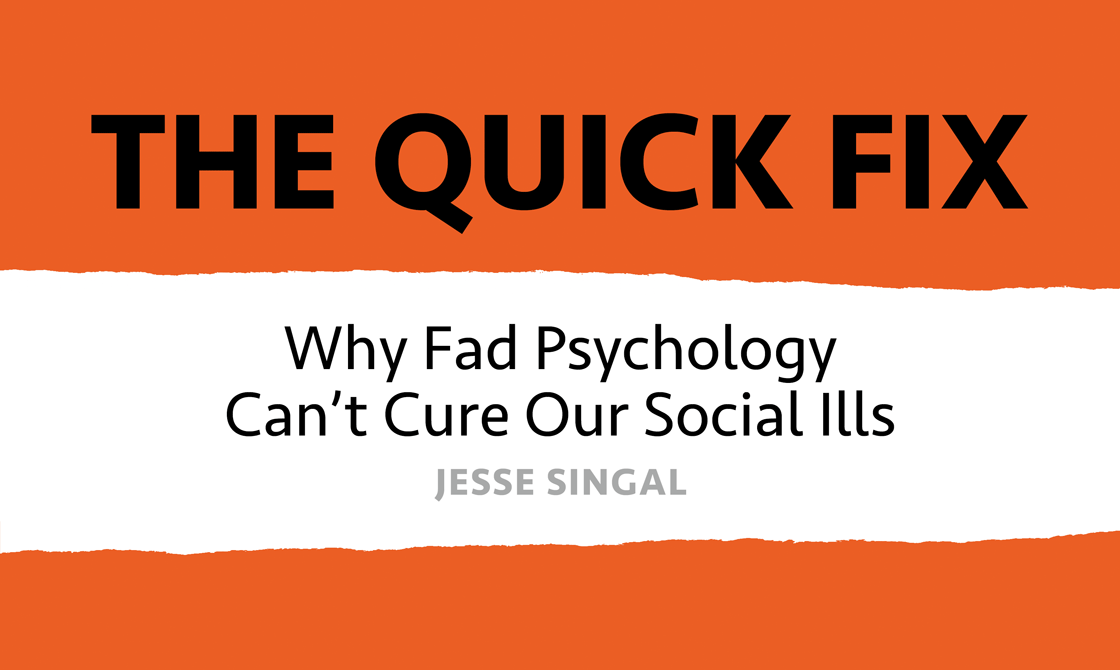
There is probably no other scientific discipline in which fads come and go so quickly, and with so much hype, as psychology. In his Quick Fix, Jesse Singal discusses eight different psychological ideas that have been promoted as quick fixes for different social problems. He refers to these as “half-baked” ideas—ideas that may not be 100 percent bunk but which are severely overhyped. This review of Singal’s book discusses the many different flawed studies that derailed psychology for years.

Michael Shermer and Jesse Singal discuss: how social scientists determine causality • cognitive priming • The Malcolm Gladwell-effect • self-help movements • power posing • positive psychology • Implicit Association Test • racism, gender, class, misogyny, bigotry • replication crisis • choice architecture • I.Q. • free will and determinism • nature/nurture and how lives turn out • abortion • and U.S. foreign policy.
Michael Shermer speaks with Jesse Singal about this new book: Why Fad Psychology Can’t Cure Our Social Ills.

Michael Shermer speaks with quantum physicist, Jim Al-Khalili, who reveals how 8 lessons from the heart of science can help us all get the most out of our lives.
Mark W. Moffett remind us that breakthroughs in science often come about by exploring points of similarity between things that are normally seen as very different. PLUS: Michael Shermer speaks with quantum physicist, Jim Al-Khalili, who reveals how 8 lessons from the heart of science can help us all get the most out of our lives. PLUS: In SRC Report PCIS-005, we take a look at Conspiracy Theory Endorsement by Generation.
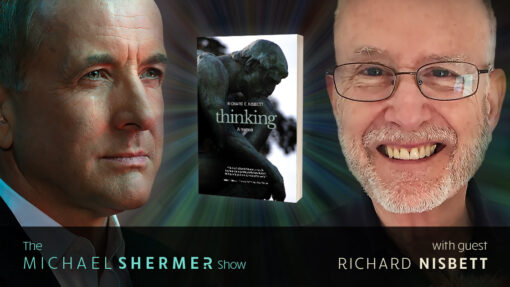
In a wide-ranging conversation Shermer and Richard Nisbett discuss Nisbett’s research showing how people reason, how people should reason, why errors in reasoning occur, and how much you can improve reasoning.
Michael Shermer is now writing on Substack with a new, weekly column called Skeptic: Examining the World Through a Scientific Lens. PLUS in a wide-ranging conversation Shermer and Richard Nisbett discuss Nisbett’s research showing how people reason, how people should reason, why errors in reasoning occur, and how much you can improve reasoning.
In episode # 207, Michael Shermer speaks with experimental social psychologist and Professor of Psychology at Wake Forest University, John Petrocelli about his research that examines the causes and consequences of bullshit and bullshitting in the way of better understanding and improving bullshit detection and disposal. PLUS, the newest issue of Skeptic magazine (26.3: UFOs and UAPs) is now available in print and digital formats.
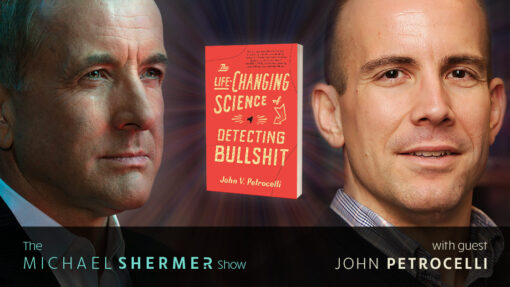
In episode # 207, Michael Shermer speaks with experimental social psychologist and Professor of Psychology at Wake Forest University, John Petrocelli about his research that examines the causes and consequences of bullshit and bullshitting in the way of better understanding and improving bullshit detection and disposal.
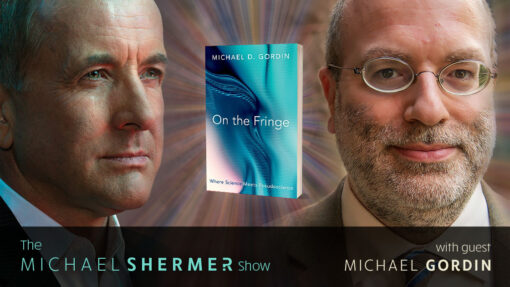
Everyone has heard of the term “pseudoscience,” typically used to describe something that looks like science, but is somehow false, misleading, or unproven. In episode 191, Michael explores with Michael Gordin the philosophical and historical attempts to address the problem of scientific demarcation.
Everyone has heard of the term “pseudoscience,” typically used to describe something that looks like science, but is somehow false, misleading, or unproven. In episode 191, Michael explores with Michael Gordin the philosophical and historical attempts to address the problem of scientific demarcation.
















